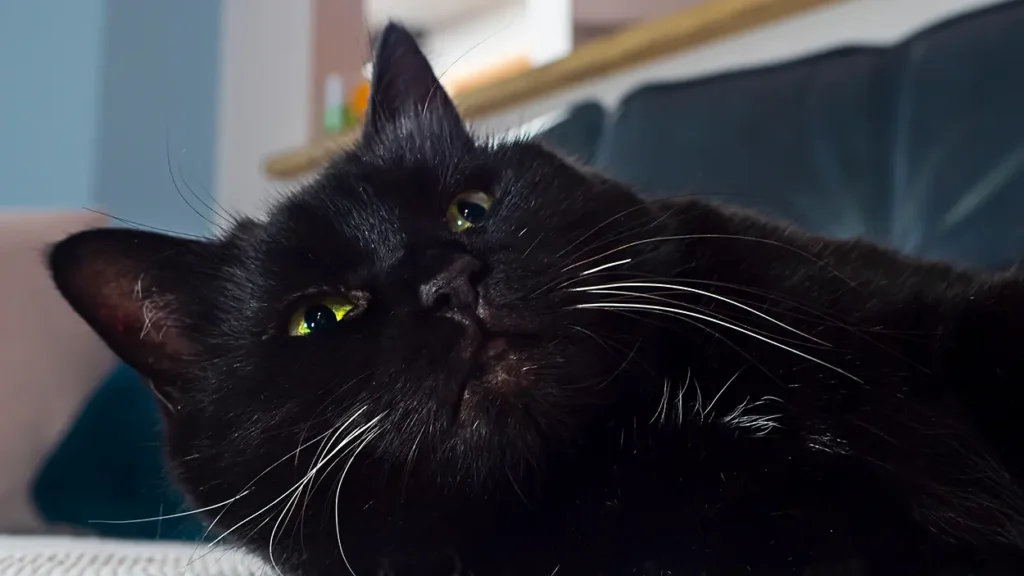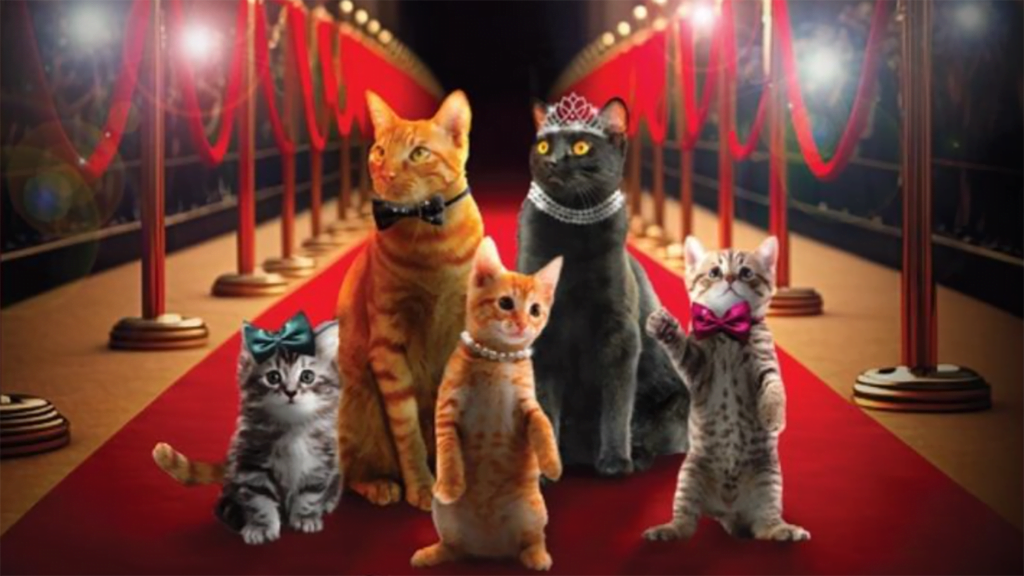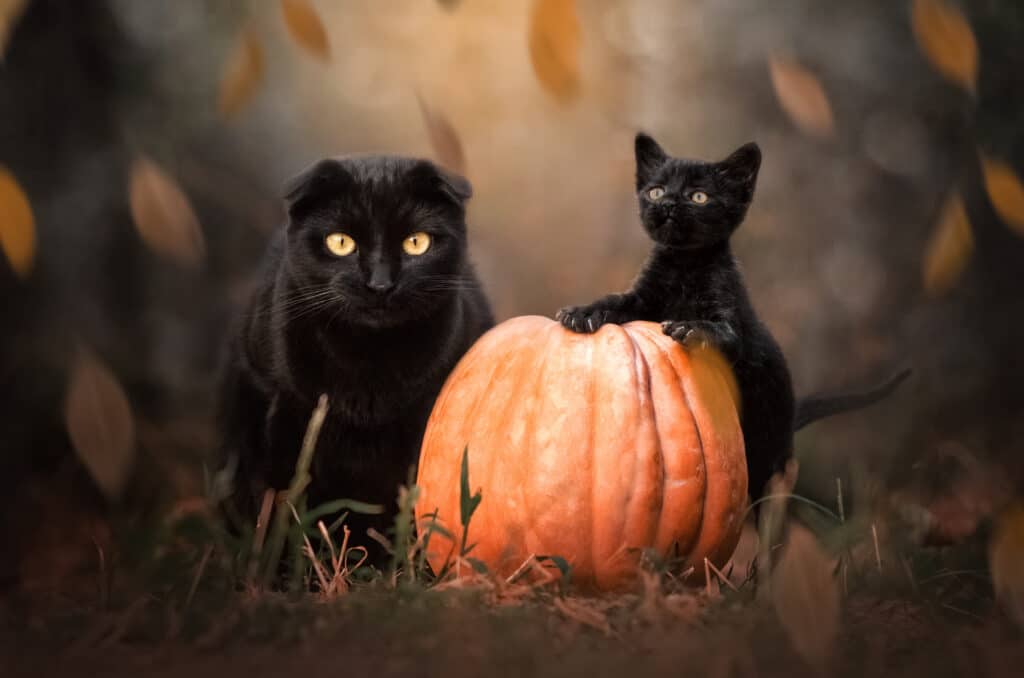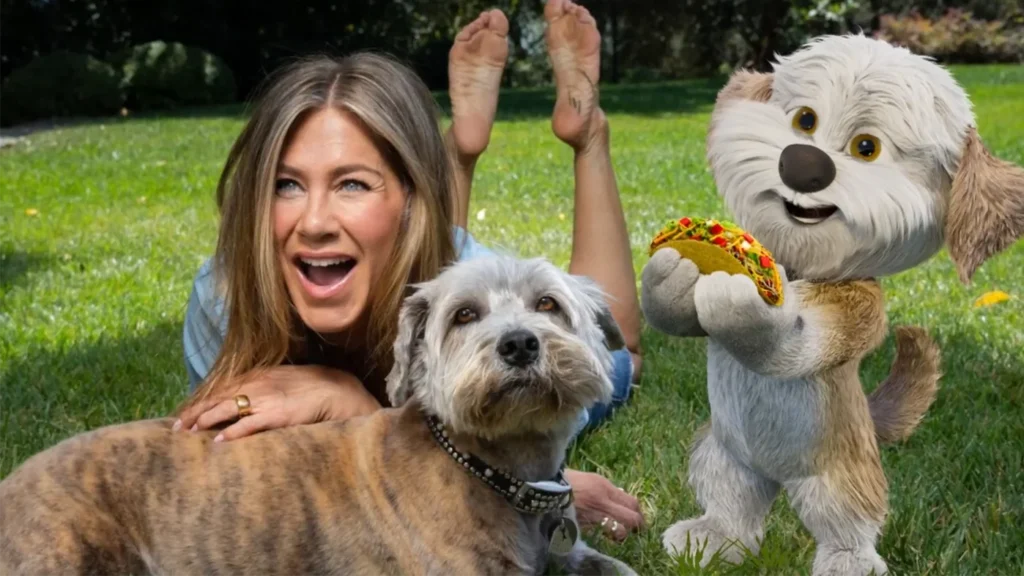Black Cat Appreciation Day: Dispelling Myths and Celebrating Ebony Felines

August 17, 2025 – Today marks the 14th annual Black Cat Appreciation Day, a nationwide observance dedicated to celebrating these sleek, mysterious felines while challenging centuries-old superstitions that continue to impact their welfare.
A Day Born from Love and Loss
Black Cat Appreciation Day was created in 2011 by Wayne H. Morris in honor of his sister and her 20-year-old black cat, Sinbad. His sister and Sinbad both passed away that year. Morris established the observance with a simple yet powerful mission: to dispel the harmful myths that have long surrounded black cats.
Since its inception, the day has grown into a significant awareness campaign embraced by animal shelters, cat lovers, and advocacy groups across the United States and beyond.
The Harsh Reality: Adoption Challenges Persist
Despite their undeniable charm, black cats face a troubling reality in animal shelters nationwide. These felines are significantly less likely to be adopted than their lighter-colored counterparts and experience higher rates of euthanasia. Remarkably, black cats are about half as likely to be adopted as other cats.
This phenomenon, sometimes called “black dog syndrome,” extends beyond canines to affect cats as well. The disparity becomes even more pronounced during certain times of the year, particularly around Halloween, when some shelters temporarily restrict black cat adoptions due to safety concerns.
Debunking Ancient Superstitions
The stigma surrounding black cats traces back centuries to European folklore and religious persecution. During the 13th century, Pope Gregory IX first suggested black cats were associated with Satan in a Latin church document. This belief intensified during the Spanish Inquisition, when the Catholic Church formally linked black cats with witchcraft.
The superstitions crossed the Atlantic with early American settlers. As the Pilgrims established their colonies on the east coast, they maintained strict suspicions of anything tied to witchcraft. The black cat served as a symbol of supposed evils and Satanic sympathies, and those found harboring black cats faced harsh punishments, with some even sentenced to death.
Cultural Perspectives: Good Fortune Around the World
Interestingly, not all cultures view black cats negatively. In many parts of the world, these felines are considered harbingers of good fortune:
- Ancient Egypt: Black cats were revered and considered sacred, believed to bring blessings to households
- Scotland: The arrival of a mysterious black cat at one’s doorstep traditionally signals prosperity and wealth
- Japan: Black cats are thought to bring good luck, especially for single women seeking romance
- Maritime traditions: Sailors and fishermen historically welcomed black cats aboard their vessels, believing they brought safe voyages while also controlling rat populations
The Truth About Black Cats
Beyond superstitions, black cats are simply cats—with all the same loving, playful, and affectionate qualities as their multicolored counterparts. Contrary to negative stereotypes, black cats are actually known to be among the most friendly and cuddly cats.
Interestingly, black cats that also carry the tabby gene may develop a rusty brown tint to their fur after extended sun exposure, and their dark coats often make their eye colors—frequently rich gold due to higher melanin content—appear more striking.
How to Observe Black Cat Appreciation Day
Animal welfare advocates encourage several ways to participate in today’s observance:
Adoption and Fostering: Visit local animal shelters to consider adopting or fostering a black cat in need of a home.
Social Media Advocacy: Share photos and positive messages about black cats using hashtags like #BlackCatAppreciationDay and #BlackCatsMatter.
Education: Help dispel myths by sharing factual information about black cats with friends and family.
Support Local Shelters: Donate time, money, or supplies to organizations caring for black cats awaiting homes.
Cultural Celebration: Enjoy black cat-themed entertainment, such as classic films featuring famous black felines like Salem from “Sabrina the Teenage Witch” or literary works like Edgar Allan Poe’s “The Black Cat.”
A Growing Movement
The UK’s Cats Protection organization has also championed black cats since 2011 with National Black Cat Day on October 27. Their campaigns have shown measurable success—black and black-and-white cats now spend less time in shelters compared to when advocacy efforts began.
As Black Cat Appreciation Day continues to gain recognition, its core message remains unchanged: a cat’s worth should never be determined by the color of its coat. These “house panthers,” as they’re affectionately called, deserve the same love, respect, and chance at happiness as any other feline companion.
Whether you’re a longtime black cat parent or someone learning about this observance for the first time, today serves as a reminder that superstitions belong in the past—and that love comes in all colors, including the sleekest, most elegant black.




Responses